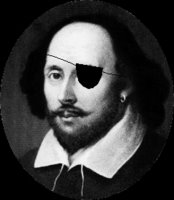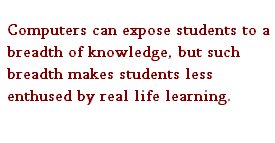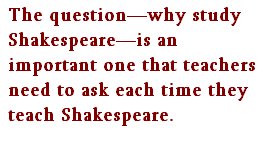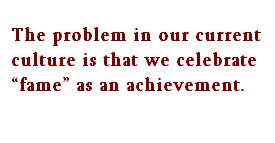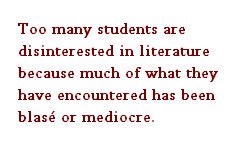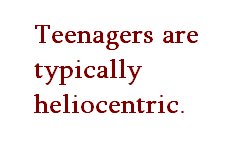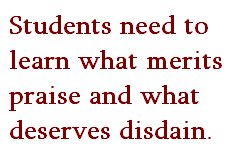
This morning Pastor Kirk Wellum, the pastor of my church (Pilgrim Baptist Fellowship), drew our attention to the lyrics of one of the Church’s most beautiful hymns, “The Love of God” by Frederick M. Lehman. He recited the third stanza to us during his sermon:
Could we with ink the ocean fill, And were the skies of parchment made,
Were every stalk on earth a quill, And every man a scribe by trade,
To write the love of God above Would drain the ocean dry;
Nor could the scroll contain the whole, Tho stretched from sky to sky.
I have sung this hymn many times and I have heard many ministers recite these lines, but it never ceases to move my soul. How powerful these words are, not simply because of poetic potency, but because they words are immensely true. “O love of God how rich and pure! How measureless and strong! It shall forever more endure. The saint's and angels song!”
For the complete lyrics, music and background info, click here.




